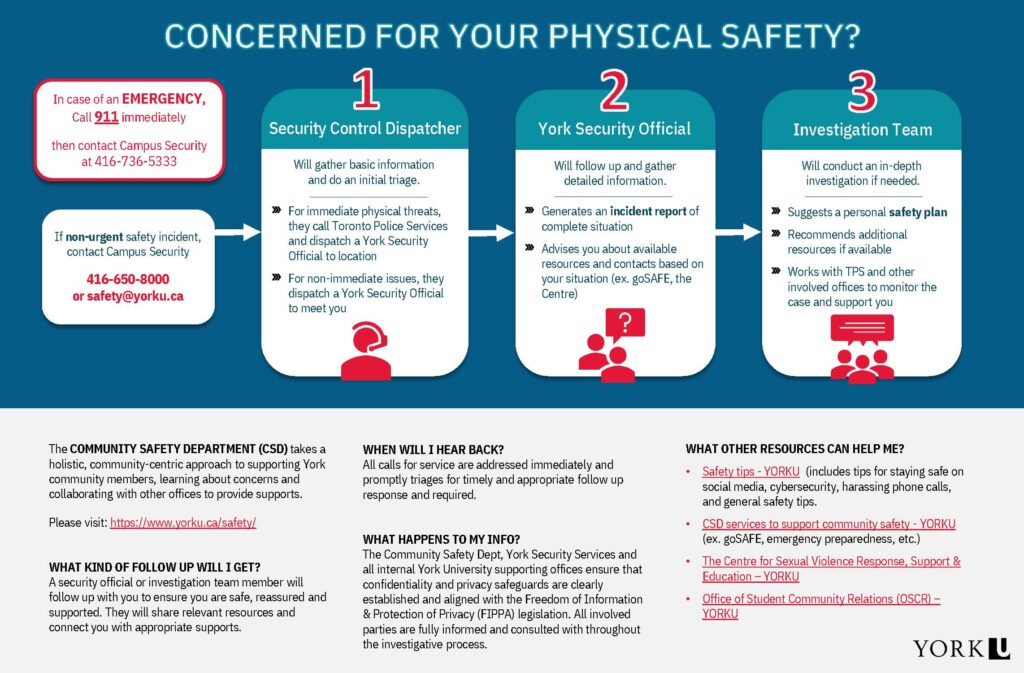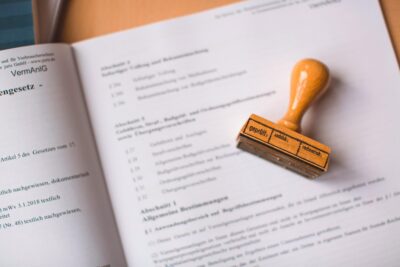Universities are meant to be places where ideas can be openly – and respectfully – explored, expressed, and exchanged. This is made possible by academic freedom, a protection afforded to faculty members for their research, teaching, and public statements made in the course of their scholarly work.
York University resolutely upholds academic freedom as an entitlement of all faculty members, independent of any individual’s or institution’s – including the University’s – agreement with the content of their scholarship. The University also strenuously objects to all forms of scholarship harassment: behaviors meant to impede academic freedom, such as bullying, intimidation, and defamation.
We offer the resources and guidance on this site in order to counter scholarship harassment and to support York University scholars in exercising academic freedom.
- Graduate Students: We hope you find these resources helpful but also recognize you may have distinct concerns. Please connect: with your Graduate Program Director and/or the Associate Dean, Students (fgsadst@yorku.ca) to discuss any academic or career issues; and with Graduate Wellness & Counseling Services for personal support.
If you are in immediate danger, call 9-1-1 and contact Security at 416-736-5333.
On Oct 1, the office of the VPRI sent a memo about the Growing Hostility and Threats Against Research Institutions and Researchers, particularly those working in public health, vaccine-related fields, and science communication. Read the full memo here.
Support and Resources
In the below resources, you will see recommendations on whom to contact for support. You can always go first to someone you trust - a colleague, Associate Dean, Dean, Faculty Affairs, etc.

Overview of Supports & Process
See an outline of the people and offices at York who can support you or a colleague, and a brief overview of the process when scholarship harassment occurs

Learn more about steps to take if you are concerned for your or a colleague’s physical safety.

Learn more about increasing your online security, what to do if you or a colleague receives a harassing email, and how to handle email campaigns.

Learn more about frequently used legal terms relevant to cases of scholarship harassment, and the role of the University's Office of the Counsel.

Learn more about research-related harassment and supports available, including how to engage with the media regarding scholarship.

Learn more about teaching-related harassment and supports available, including how to prepare to teach challenging topics.

Learn more about supporting a colleague who is experiencing scholarship harassment.

References & Resources
List of source materials and external resources to further explore this topic.
Peer Support
If you are experiencing harassment and want to connect with, or support other colleagues who have faced/are facing similar issues, please email us.
Site Feedback
This page and our resources are a work in progress. We invite and appreciate your recommendations for how to build up our supports for scholars.

Statement from the President
"Universities play an essential role in creating new knowledge and challenging existing ideas. They also provide a forum where we can discuss difficult and complex issues, hold arguments up to scrutiny, and where people can learn from each other and work towards solutions. The protection afforded by academic freedom, within limits prescribed by law, is a foundational value of every university, necessary to our work to expand the boundaries of human understanding and support a diverse, inclusive and democratic society.
We must always defend the right of students, professors and instructional staff to express their views and conduct free inquiry. It is, however, not required that we agree with the content of that speech. Free expression, especially on controversial topics, is best regulated by vigorous counter- speech. It is not appropriate for the University to decide which side of a particular issue is correct. This function should be the exclusive preserve of peer review within the Academy, and robust dialogue within civil society beyond the University’s walls."

